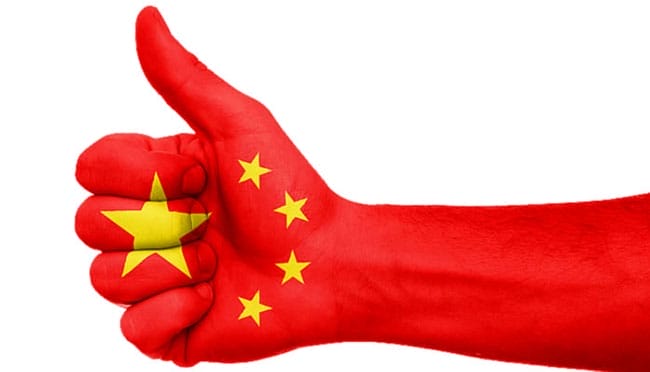I learned so much in my wide ranging chat with Jackie Reses W92, Yahoo’s chief development officer, at our San Francisco campus last month.
One major topic was Jackie’s lead role in managing Yahoo’s massive investment relationship with Alibaba, the Chinese e-commerce giant, on whose board she sat until very recently.
I took away three things about the U.S.-China relationship when it comes to the tech sector. Let’s call them lessons in tech diplomacy.
First, we tend to undervalue just how big, and how innovative, Chinese tech companies are. The issues facing firms like Google are very real—limited access to the Chinese market, protecting IP and restrictions on Internet freedom.
But they mean we don’t pay sufficient attention to what firms like Alibaba are actually doing. Overall, the Chinese e-commerce market is bigger and faster growing that e-commerce in the U.S. Alibaba has a bigger market cap and more users than Amazon. Its mobile payment spinoff, Alipay, processes more online payments than PayPal.
No doubt the Chinese market is big; but it is also innovative. In a country obsessed with smart phones and social networking, an app like WeChat (owned by another Chinese tech giant, Tencent) integrates text, voice and video seamlessly while Alipay offers many bank-like services, including interest bearing deposit accounts, to users of Alibaba’s C2C platform, Taobao. Chinese smartphone maker Xiaomi has passed Samsung as the market leader in China, offering similar quality phones at lower prices.
Second, there is a big upside in the Chinese market for American tech firms. Yahoo’s investment in Alibaba is widely lauded as one of the best ever in the tech sector. Apple’s brand power in China, at premium prices, is impressive. Internet backbone giant Cisco is seeing great market growth in China. And China is perhaps LinkedIn’s fastest growing market.
Finally, navigating the quirks of the Chinese market requires real investment. No surprise that Yahoo has done very well in China. Its founder, Jerry Yang, was born in Taiwan and met Jack Ma almost 20 years ago before he founded Alibaba and only a few years after Yang founded Yahoo.
I was in Beijing late last year when Facebook’s Mark Zuckerberg charmed an amazed Chinese audience by talking about how much he wants to learn about the country’s culture and history, speaking in broken but intelligible Mandarin. You could get unfettered access to Facebook in Beijing during Zuckerberg’s visit. No doubt this soft diplomacy will help the company expand its Chinese profile in the future.
The bottom line is clear. China’s tech economy is booming. Chinese players currently dominate the market. But there are big opportunities for American firms. It will just require some of the China savvy so evident in people like Jerry Yang and Jackie Reses.
Editor’s note: The original version of this article appeared on LinkedIn on May 11, 2015.


























